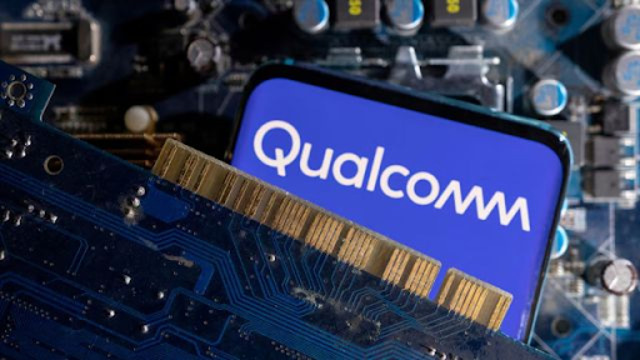
FILE PHOTO: Jury Begins Deliberation in Legal Battle Between Arm and Qualcomm After Final Arguments
In a recent legal clash between tech giants Qualcomm and Arm Holdings, a U.S. federal court jury ruled in Qualcomm's favour on a pivotal licensing matter, though the trial ended with mixed outcomes. The decision removes some uncertainty surrounding Qualcomm’s ambitious push into the laptop chip market but leaves room for future legal disputes.
The trial, held in Delaware, centred on Qualcomm’s acquisition of Nuvia, a startup specializing in custom chip designs, for $1.4 billion in 2021. The main point of contention was whether Nuvia violated its licensing agreement with Arm, a claim Arm sought to address by demanding the destruction of Nuvia’s custom chip designs. After nine hours of deliberation over two days, the jury could not agree on this issue, resulting in a mistrial.
However, the jury unanimously determined that Qualcomm’s chips, developed using Nuvia technology, are properly licensed under Qualcomm’s agreement with Arm. This ruling allows Qualcomm to continue selling these chips, a cornerstone of its expansion into the personal computer market. The company aims to introduce advanced processors tailored for artificial intelligence (AI) tasks like chatbots and image generation, an area where competitors like Nvidia, AMD, and MediaTek are also venturing with Arm-based technology.
Qualcomm celebrated the verdict, stating it validated its right to innovate and protected its chip designs under its existing contract with Arm. Arm, on the other hand, expressed disappointment over the jury's inability to reach consensus on its claims and vowed to seek a retrial.
The trial highlighted broader industry implications, particularly regarding Arm's licensing model. Arm provides firms with access to its computing architecture while also selling ready-made core designs. Companies like Qualcomm, Apple, and Nuvia license Arm’s architecture but develop custom cores, blurring the boundaries of intellectual property ownership.
Judge Maryellen Noreika, who presided over the case, urged the parties to mediate rather than resort to another trial. “Neither side would have had a clear victory,” she remarked, reflecting the complex nature of the case.
The legal wrangling also revealed concerns about royalty rates. Before being acquired by Qualcomm, Nuvia was paying higher royalty fees for Arm’s technology. Qualcomm integrated Nuvia's designs into its own products, which operate under lower royalty rates, sparking Arm’s objections.
Analysts noted the trial’s outcome alleviates immediate risks for Qualcomm’s road map, especially regarding its use of Nuvia’s cores. However, Arm’s future plans seem unaffected, as its growth projections do not hinge on extracting higher royalties from Qualcomm.
Industry experts emphasize the trial’s broader impact. Arm’s licensing agreements form the foundation of technologies ranging from electric toothbrushes to satellites, and any shifts in these agreements could ripple across the tech world. For now, the verdict underscores the ongoing battle over innovation, intellectual property, and market dominance in the rapidly evolving semiconductor industry.















